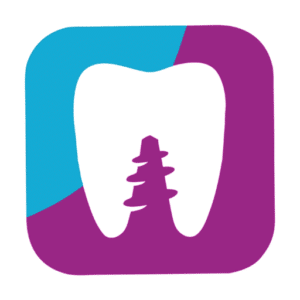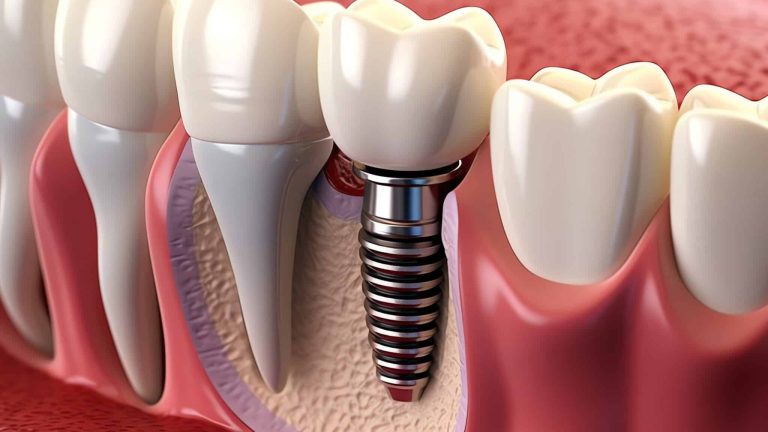A fixed dental prosthesis, such as crowns, bridges, or implants, is an exceptional solution for those who have lost one or more teeth, restoring both masticatory function and the aesthetics of the smile. However, the long-term success of these prostheses largely depends on the care and maintenance you give them after leaving the dentist’s office. Although fixed prostheses are durable and designed to last many years, they require consistent attention to avoid dental issues and maintain a healthy, bright smile.
In this article, we will explore in-depth the essential care for fixed prostheses, including oral hygiene routines, dietary habits, regular dental visits, and other key tips to help you preserve your dental investment and enjoy a long-lasting smile.
1. What is a Fixed Prosthesis and Why is Maintenance Important?
Fixed dental prostheses are structures permanently placed in the mouth to replace lost or damaged teeth. There are several types of fixed prostheses, including:
- Dental crowns: These cover an individual tooth, restoring its shape, size, and functionality.
- Dental bridges: These replace one or more missing teeth by attaching to adjacent teeth with crowns.
- Fixed prostheses on implants: These involve dental implants that serve as artificial roots onto which crowns or bridges are fixed.
A fixed prosthesis can significantly improve the quality of life by restoring the ability to chew properly and providing an aesthetic appearance similar to natural teeth. However, like natural teeth, a fixed prosthesis can be affected by plaque buildup, tartar, gum infections, and other problems if not properly cared for.
Regular maintenance of the fixed prosthesis not only prolongs its lifespan but also prevents complications such as infections, decay in adjacent teeth, or dental implant failure.
2. Oral Hygiene: The Key to the Durability of Your Fixed Prosthesis
One of the most critical aspects of caring for a fixed prosthesis is maintaining meticulous oral hygiene. Although the prosthesis itself cannot develop cavities, the surrounding teeth and gums remain vulnerable to bacteria, plaque, and infections.
2.1. Regular Brushing
Daily brushing is the foundation of any oral care routine and is especially important if you have a fixed prosthesis. To keep the prosthesis and adjacent teeth free of plaque and food particles, you should brush your teeth at least twice a day.
- Toothbrush: Use a soft-bristled toothbrush to avoid damaging the gums and prosthesis. Electric toothbrushes are also highly recommended as they offer deeper and more effective cleaning.
- Brushing Technique: Be sure to brush gently at an angle toward the gum line and around the prosthesis. Pay special attention to the junction between the prosthesis and the gums, as this area is prone to plaque buildup.
2.2. Flossing
Flossing may seem challenging when you have a fixed prosthesis, especially with dental bridges. However, it is essential for cleaning between the teeth and preventing the buildup of plaque and food debris.
- Specialized Floss: There are special flosses for fixed prostheses, such as “threader floss” or threaded dental floss, which allow the floss to slide between the teeth and under bridges. These flosses have a stiffer tip, making them easier to insert into small spaces.
- Interdental Brushes: If flossing is difficult, consider using interdental brushes or “proxabrushes.” These small brushes can be inserted between the teeth and under the prosthesis to effectively remove debris.
2.3. Mouthwash
Mouthwash is another important component of an effective oral hygiene routine. Using an antiseptic mouthwash can help eliminate bacteria in hard-to-reach areas, such as around implants or prostheses, and reduces the risk of gum disease.
- Fluoride Mouthwash: Fluoride mouthwashes are also recommended as they strengthen the enamel of adjacent teeth and help prevent cavities.
3. Diet and Eating Habits
What you eat can have a significant impact on the durability of your fixed prosthesis. Just like with natural teeth, certain foods and eating habits can affect the longevity and condition of the prosthesis.
3.1. Foods to Avoid
Although fixed prostheses are very durable, it is important to avoid certain foods that could damage them or compromise their integrity:
- Hard Foods: Avoid foods like nuts, hard candies, or ice. These foods can exert excessive pressure on the prosthesis and cause long-term damage.
- Sticky Foods: Sticky foods like caramels, gum, or nougat can get stuck between the teeth or under the prosthesis, making cleaning difficult and increasing the risk of infection.
- Acidic or Sugary Drinks: Beverages such as sodas, acidic juices, or sports drinks can erode the enamel of the teeth adjacent to the prosthesis. Excessive sugar intake can also lead to cavities in natural teeth.
3.2. Maintain a Balanced Diet
A diet rich in vitamins and minerals, especially calcium and vitamin D, is essential for maintaining both the health of natural teeth and the fixed prosthesis. Foods that benefit your oral health include:
- Dairy Products: Rich in calcium, they help maintain the strength of bones and teeth.
- Fresh Vegetables and Fruits: Especially those high in fiber and vitamin C, such as carrots, apples, or broccoli, which stimulate saliva production and fight bacteria.
- Lean Proteins: Foods like fish, chicken, and eggs contain phosphorus and calcium, which are essential for dental health.
4. Regular Dental Visits
Although a fixed prosthesis is designed to last many years, regular visits to the dentist are essential to ensure its long-term success. Dental checkups allow the dentist to assess the condition of the prosthesis and detect any potential problems before they become more serious.
4.1. Frequency of Visits
You should schedule a dental visit at least twice a year for a professional cleaning and general checkup. During these visits, the dentist will remove tartar buildup that cannot be removed with regular brushing and check for signs of infection, wear, or problems with the prosthesis.
4.2. Implant Checkups
If you have a fixed prosthesis on dental implants, it is especially important that the dentist checks the condition of the implants and surrounding gums. Sometimes, implants can develop complications such as peri-implantitis (an infection around the implant), which can put both the implant and the prosthesis at risk if not treated promptly.
5. Care and Maintenance of Temporary Prostheses
In some cases, you may have a temporary prosthesis while waiting for the final fixed prosthesis to be made. Temporary prostheses also require specific care to avoid problems while waiting for the final placement of the prosthesis.
5.1. Proper Care of Temporary Prostheses
- Brushing and Cleaning: Temporary prostheses should be brushed gently to avoid damaging them. Use a soft-bristled brush and rinse your mouth after meals.
- Avoid Hard or Sticky Foods: Temporary prostheses are not as durable as permanent ones, so you must be especially careful with what you eat. Avoid any foods that could dislodge or break the prosthesis.
6. Managing Common Problems
Over time, some issues may arise with fixed prostheses that require attention. Here are some of the most common problems and how to manage them:
6.1. Tooth Sensitivity
You may experience sensitivity in the teeth adjacent to the fixed prosthesis, especially if a crown or bridge was recently placed. This sensitivity is usually temporary and will disappear in a few days. In the meantime, you can use toothpaste for sensitive teeth and avoid very hot or cold foods.
6.2. Loose Prosthesis
Although rare, a fixed prosthesis can become loose over time. This may happen due to natural wear or if the prosthesis was not placed correctly. If you notice that your prosthesis feels loose or unstable, it is important to consult your dentist as soon as possible to avoid further damage.
6.3. Gum Irritation
Gum irritation around a fixed prosthesis can occur if oral hygiene is inadequate. Redness, swelling, or bleeding in the gums are signs of gingivitis or infection. If you experience these symptoms, be sure to improve your cleaning routine and consult your dentist for a more detailed evaluation.
7. Additional Tips for a Long-Lasting Prosthesis
In addition to daily oral care routines, here are some additional recommendations that can help prolong the life of your fixed prosthesis:
- Avoid Teeth Grinding: If you have a habit of clenching or grinding your teeth, known as bruxism, consult your dentist to provide you with a night guard. Bruxism can prematurely wear down both the prosthesis and natural teeth.
- Sports Protection: If you play contact sports, such as football or boxing, use a mouthguard to prevent damage to the prosthesis.
Conclusion
A well-maintained fixed prosthesis can provide you with many years of service, restoring the function and aesthetics you lost with missing teeth. However, the key to long-term success is constant and thorough care. By following a good oral hygiene routine, maintaining a balanced diet, visiting the dentist regularly, and avoiding bad habits like grinding your teeth, you can enjoy a long-lasting and healthy smile.
If you have any questions about maintaining your fixed prosthesis or need to schedule an appointment for a checkup, don’t hesitate to contact Clínicas La Guardia. Our team is ready to help you keep your prosthesis in perfect condition and ensure that your smile remains a source of confidence and well-being for many years to come.



